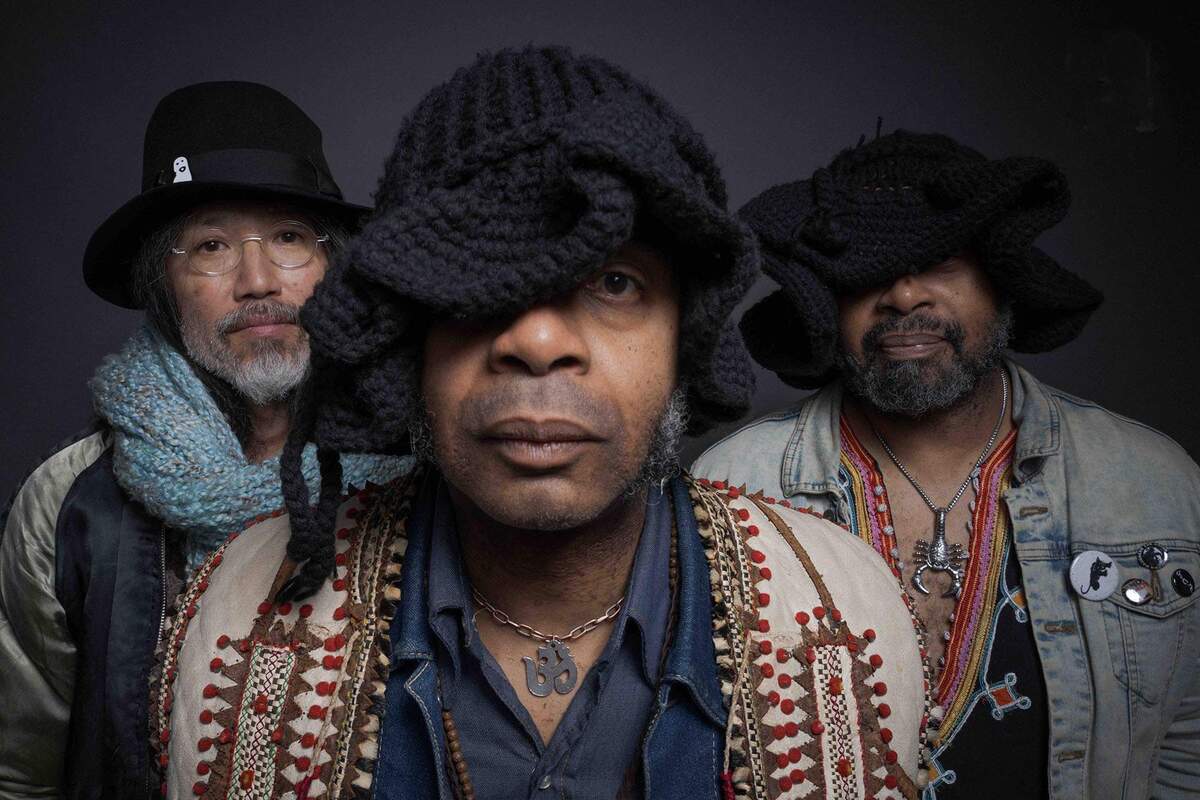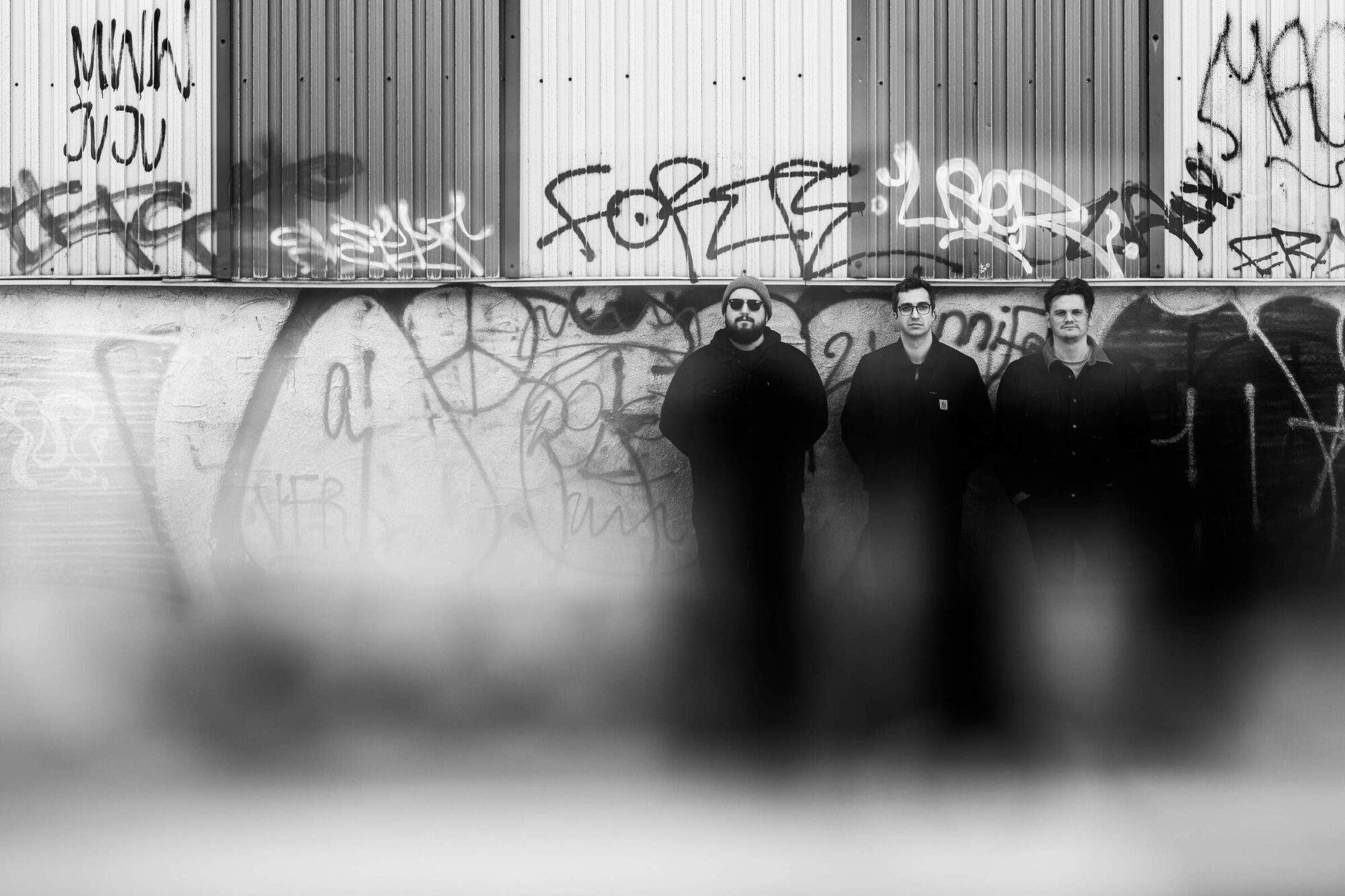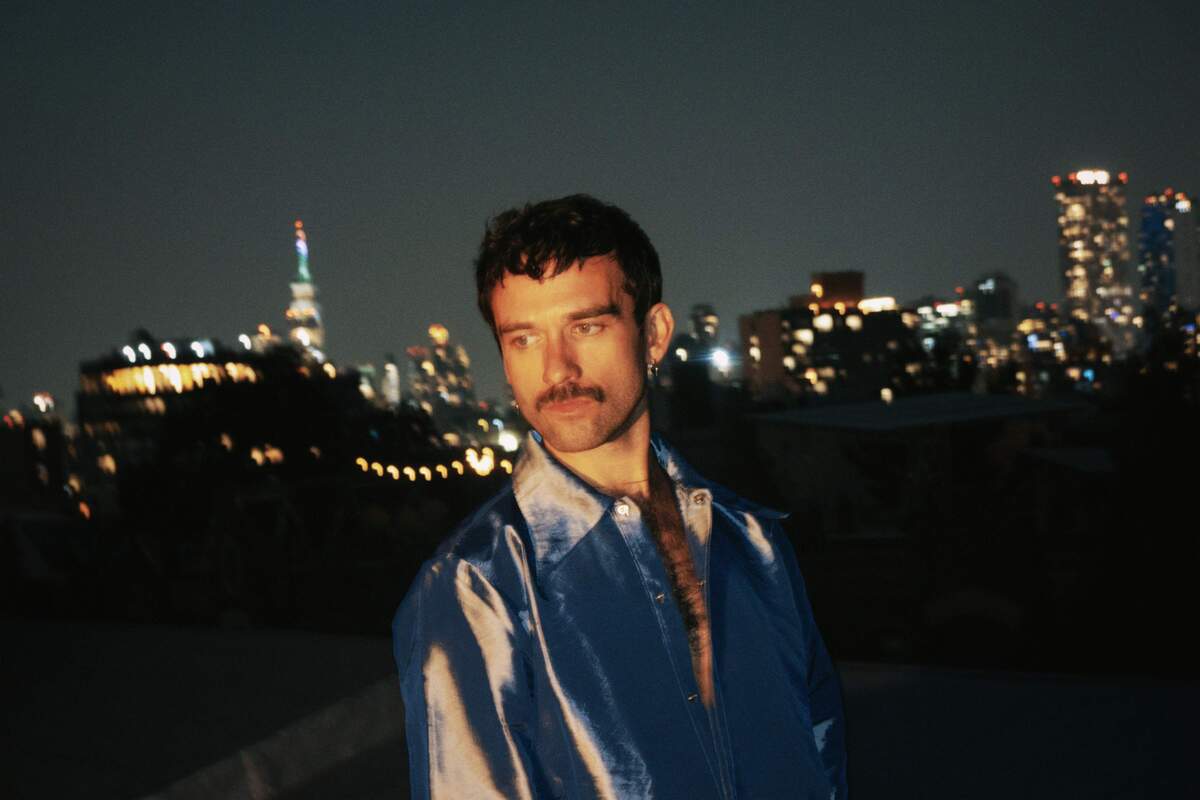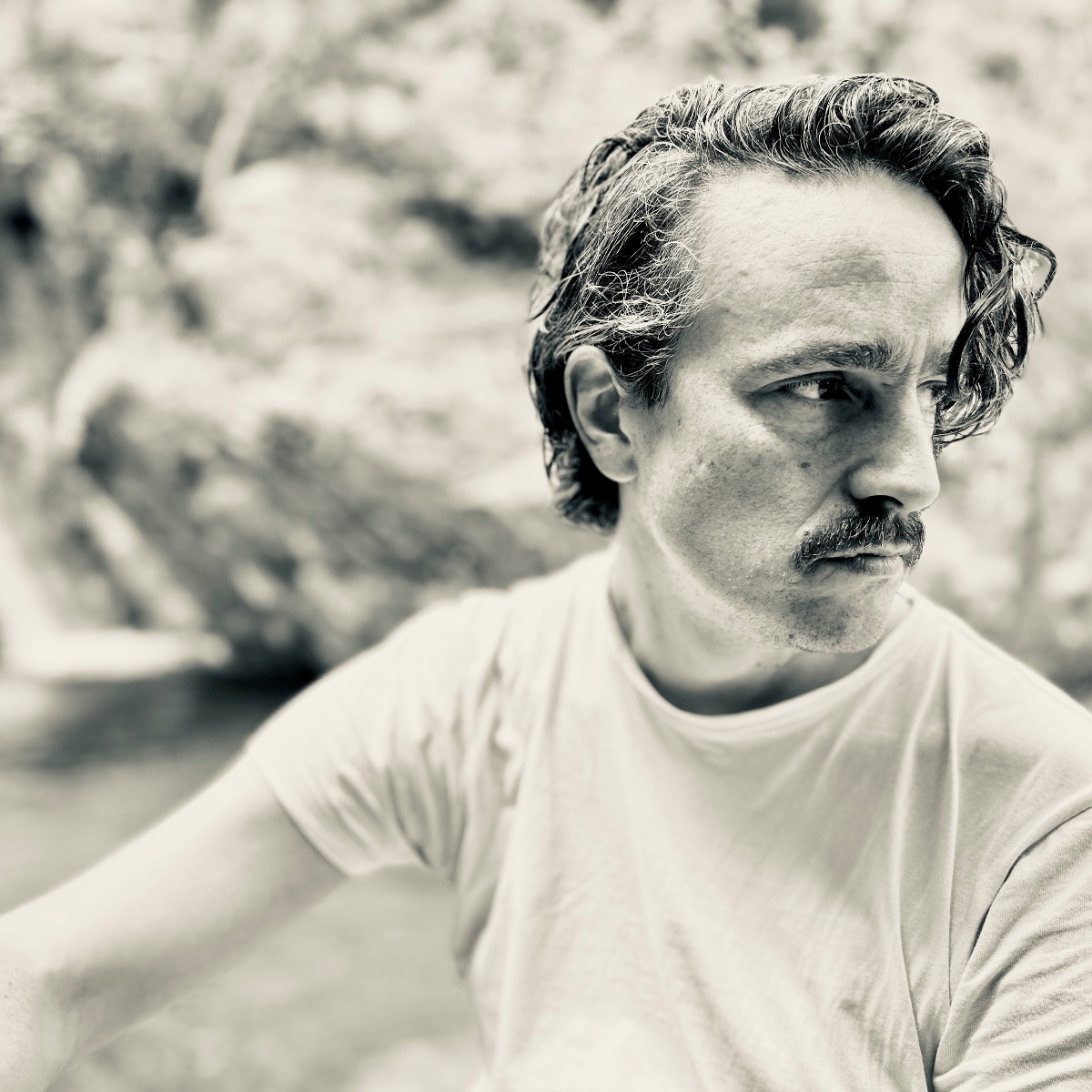Inside The Veldt: An Intimate Interview with Shoegaze Pioneers
Born from the psychic contiguity of the Southern church and the juke-joint’s humid drone, the core triumvirate of Daniel Chavis, Danny Chavis, and Hayato Nakao forged a sound in 1980s North Carolina that dared to synthesize gospel-rooted harmonies, deep psychedelia, and the nascent atmospheric haze of their contemporaries.
The recent, long-anticipated issuance of The Veldt’s ‘Illuminated 1989’—co-released by Portland’s Little Cloud Records and North Carolina’s 5BC Records—is a pivotal archival reclamation. This compilation constitutes the original, full-length recording from 1989, a session presided over by Robin Guthrie of the seminal dream-pop ensemble Cocteau Twins. Guthrie, undertaking a meticulous remastering for vinyl, has successfully preserved the album’s essential, spatially complex depth. Originally slated as the band’s debut studio album, ‘Illuminated 1989’ was famously shelved by Capitol Records, compelling The Veldt to immediately re-enter the studio under producer Lincoln Fong (Moose), resulting in the officially released ‘Marigolds’. The formal appearance of this artifact therefore restores a key moment in the band’s early sonic oeuvre.
Founded in North Carolina, the band, anchored by the identical twins Daniel Chavis (vocals, guitar) and Danny Chavis (guitar), occupies a preeminent, if often undersung, position within the first-wave shoegaze movement. Their distinctive sonic architecture emerges from a complex syntactical arrangement of influences: the spectral textures of the Cocteau Twins, the emotive, almost liturgical profundity of Marvin Gaye, and the improvisational, spiritual cadences of free-jazz luminaries like Sun Ra and Pharaoh Sanders. The release of ‘Illuminated 1989’ thus not only enriches the historiography of the genre but also illuminates the band’s enduring dialogue between experimentation and soulful expressivity.
Over decades, The Veldt has remained a relentless, genre-expanding force, navigating the inherent turbulence of major-label negotiations and forging high-profile collaborations that include A.R. Kane and TV On the Radio.
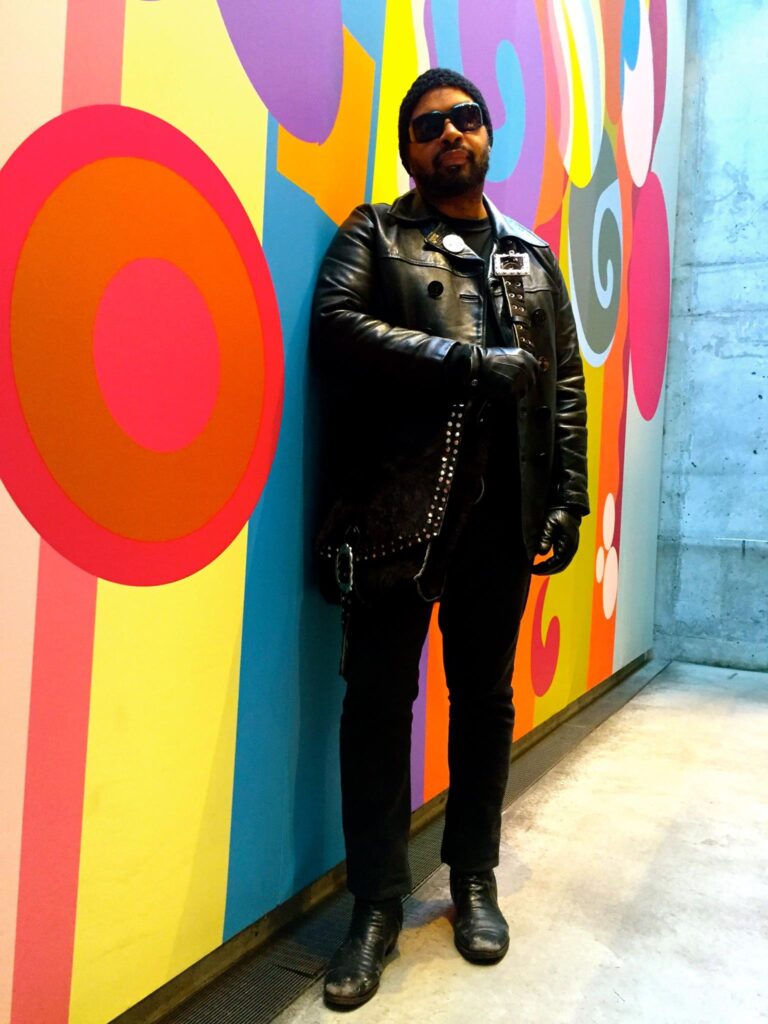
“The soundscapes have remained the same through out the years… our identity has been to keep evolving and to keep playing and creating.”
Your journey as a band spans several decades and has seen you through various landscapes. How has your sound evolved over the years, and what do you feel has remained constant in The Veldt’s musical identity?
Danny Chavis: The soundscapes have remained the same throughout the years. Despite changes in lineup and modern technology, we’ve always been inspired by DJ culture and how they perceived production. Our identity has been to keep evolving and to keep playing and creating.
Would you elaborate on the formation of the band? What was the original concept behind it?
The original concept was to be a traditional band. But unfortunately, that’s not how life is. We find it better to work in a more technical situation where we can program and develop the sounds rather than work as a whole unit. The three of us share production credit, like making beats etc., but Hayato puts finishing touches on most of our material. The concept remains in soul music, gospel, and of course what people deem as shoegaze, but it’s much more than that, of course.
Would you like to share about your upbringing? Where did you all grow up? Tell us about daily life back in your teenage years.
Much of our formative years were in Raleigh, NC. We were raised in a Baptist household, mixed with sounds of Sister Rosetta Tharpe, Mighty Clouds of Joy, James Brown, Isaac Hayes, and Jackson 5. Ironically, my grandfather brought home a 45, which he insisted we like, Blondie’s ‘Heart of Glass,’ which started most of our music interest along with his love of the blues. By our teen years, my twin started to play in what you call juke joints with older dudes. I started playing in gospel groups with a teenage friend of mine, Henry. We would go to all of the local gospel gigs and play until I was fired for playing too loud a year later…
Was there a certain scene you were part of, maybe you had some favorite hangout places? Did you attend a lot of gigs back then?
Yes, we attended a lot of hardcore punk gigs. We got our start playing hardcore gigs in the local Raleigh music scene. Our first gig was opening for Corrosion of Conformity in 1984. The band was led by Reed Mullin (God rest his soul). But this gig and the people around it were great influences on our musical direction to this day, and we are forever grateful.
If we would step into your teenage room, what kind of records, fanzines, posters, et cetera would we find there?
Oh lord, you’d see Jimi Hendrix, Japanese Robots, and Prince. Magazines, black light posters of the zodiac, Cocteau Twins, The Cure, Cabaret Voltaire, Durutti Column, The Police, Echo and the Bunnymen, Siouxsie and the Banshees, Run DMC, Public Enemy, Boogie Down Productions, Curtis Blowfish net on the wall, and Malcolm X.
Were you involved with any other bands back then in the early years?
Yeah, a few high school R&B bands, one alternative band, but we just rehearsed ourselves into obscurity. Kinda like now.
The ‘Illuminated 1989’ album carries a fascinating backstory, originally recorded in the late 80s but released only recently. How does it feel to finally have this piece of your musical history out in the world?
Great. I have no complaints. I’m happy we can share this with so many cool people. The timing could’ve been better, but what are you gonna do? We all know the reasons why, and it’s very obvious.
But tiresome. We keep moving on as long as we can. We only have a few more good years, so we’d like to make the best of it. We’re not curing any major diseases or reinventing the wheel by any standard, just playing music and keeping on our crusade.
With ‘Illuminated 1989’ being remastered by Robin Guthrie of Cocteau Twins, how has his involvement shaped the final outcome of the album, and what was the collaborative process like working with him?
Well, Robin was great to work with, and the fact he was kind of a comedian at times made it even better. I would go out to the shop for a bit and come back, and there would be a guitar track done. And I’d say, “I didn’t play that,” and he’d say, “Yeah, but you would have,” with a sly smirk. It was great. He was very methodical. There were no plugins at that time, no virtual effects, so he was very hands-on, with Lincoln Fong as well.
How would you compare it to “Afrodisiac”? How do you remember those recordings?
‘Afrodisiac’ was recorded by Ray Shipman (God rest his soul), who produced A.R. Kane, who are also a big influence, along with The Sundays and Sugarcubes. Ray was great to work with and very on point. It was a no-frills experience, and he was very attentive to details.
What about ‘Love at First Hate’?
Actually, I only played on just one song on that. My brother and I were having an Oasis (broasis) moment. Hahah. You’d have to ask him…
“Without soul you don’t have the foundation to keep going. It’s the only thing that remains timeless to us.”
Your musical journey traces back to your childhood, rooted in the church and southern juke joints. How have these early influences shaped the evolution of The Veldt’s sound, and do you find yourselves drawing from these roots in your current creative process?
By all means, yes. We still attribute a lot of our childhood upbringing to those experiences. Without them, it wouldn’t be the same. If you don’t have soul, you don’t have the foundation to keep going. It’s the only thing that remains timeless to us. It’s what defines us to a certain extent. Albeit there are other influences as well, we wear them on our sleeves. Some people like it, some don’t, as Lou Reed said.
You’ve experienced the highs and lows of major-label relationships, ultimately finding freedom in working with indie labels. How has this journey impacted your approach to the music industry, and what lessons have you learned along the way that have shaped your resilience and determination as artists?
Unfortunately, most of our resistance has been racial, but that’s never stopped us, as you can see. We are well aware of the atmosphere of ignorance that has kept us from people. Nevertheless, working with like-minded people who like our music is the simplest way, and we’ve been fortunate with Mike and Nicholas at Little Cloud. We still have hurdles from time to time, but that doesn’t stop us and never will.
From ‘Afrodisiac’ being recognized as a seminal shoegaze album to your latest release, ‘Entropy is the Mainline to God,’ The Veldt’s discography spans diverse sonic landscapes. How do you navigate this musical versatility while staying true to your artistic vision?
We keep our ears to the ground, cause that’s where all the freshest stuff comes from. Vaporwave, underground hip hop, etc. My friend Jason Furrow from 90s group New Kingdom has a new project, Wave Generators. He’s responsible for our production techniques that we use to this day.
How do you usually approach music making? Did it change during all these years, or does the process remain the same?
Yes, it changed. Working as a typical band wasn’t working for me, and I hated having to wait for someone’s approval of what my ideas were. So we started working and writing with loops and programming in 1999. At the same time, I worked with Carlos Bess, who engineered Wu-Tang Clan. Then I played guitar with my boys Dead Prez and did a few hip hop sessions with Slick Rick and Ghostface Killah. We had always been allured to these ideas by working with these people already and using the same techniques as a dominant approach by 2000. There wasn’t really a band press, and we started Apollo Heights and then went back to The Veldt.
Collaborations have been a significant part of your career, ranging from artists like Elizabeth Fraser to A.R. Kane. How do these collaborations influence your creative process, and what have been some of the most memorable experiences working with other musicians?
Rudi Tamala from A.R. Kane did a few remixes with us that were fabulous, like ‘I Like the Way You Talk’ from our EP Shocking Fuzzz, and we hope to be playing with them soon. Liz is a beautiful person. She got me a gig playing with Massive Attack’s demo session with Dave Stokes from TVOR. These experiences only enhanced our creativity.
We also would like to work with Elliot from Ringo Deathstarr. We just played a tour with them. They’re great.
Your Japan tour is an exciting venture. What are you looking forward to the most about performing in Japan, and how do you anticipate the audience’s reception to your music there?
Honestly, we didn’t think much about playing music here. We were always thinking about the UK, Europe, etc., but we were sadly mistaken. The Japanese people loved everything about us.
We studied Japanese in the late 70s before pop culture made it like it is now. Our first two shows were well attended, the response unbelievable, and we made many, many new fans. It blew my mind. It was fantastic!!!
Are there any particularly memorable moments or lessons learned from touring with such diverse acts, and how have these experiences influenced your own approach to live performance and touring?
Yes, when we opened for Cocteau Twins in Florida, and some girl said, “Why is a Black band opening for the Cocteaus?” By the end of our set, there was a standing ovation. We said, “That’s why.” Applause, applause.
What’s next for you?
We’re going on tour with The Chameleons. Mark’s put us on. Salt of the earth he is! And we will hopefully release another EP of new material.
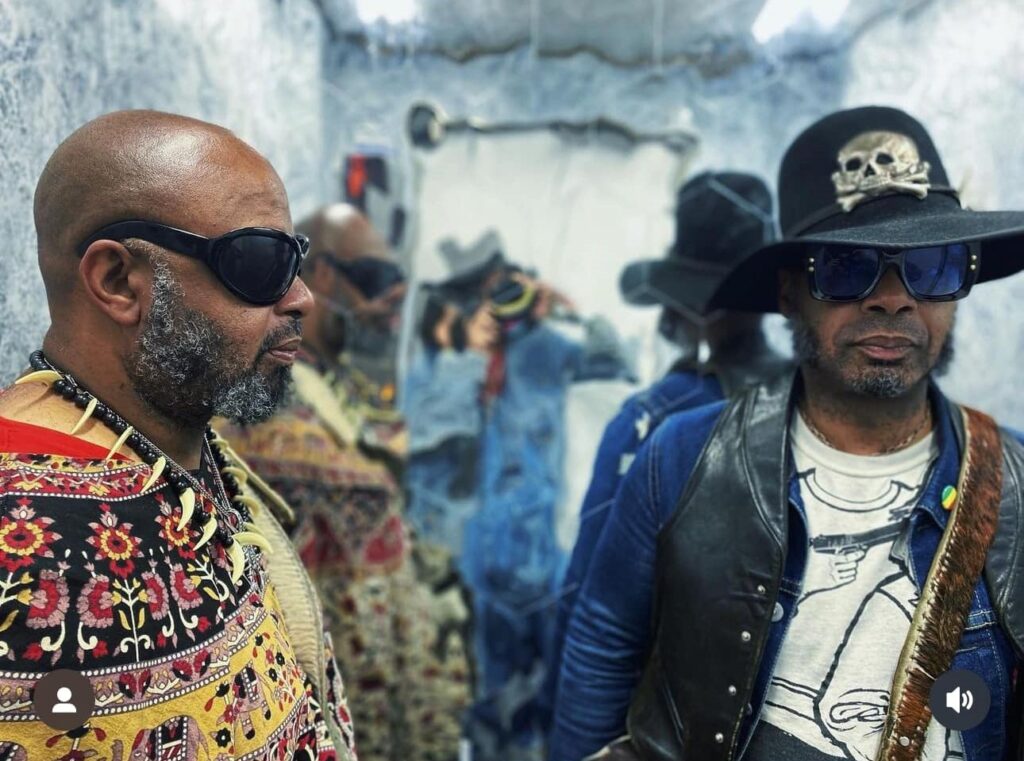
Let’s end this interview with some of your favorite albums. Have you found something new lately you would like to recommend to our readers?
Les Rallizes Dénudés, Ghost (Japanese group), Dead Leaf Echo, Clone, Blushing, Daydream Twins, Tremours, London Plane, Sun Atoms, Pete International Airport, there’s a lot more, and I hate to leave anyone out, but these are all great new bands who are flipping it these days.
Klemen Breznikar
Headline photo: The Veldt (Credit: Carlos Cruz)
The Veldt Facebook / Instagram / X / Bandcamp

